
Na dan kada slavimo majke i majčinstvo s posebnim pijetetom obraćamo se hrabrim romskim majkama.
Prijevod: Melike Sariguel
Za većinu nas osjećati se povezanima s Majčinim danom može biti jednako prirodno kao i prepustiti se sentimentalnosti, koja proizlazi iz proslave i časti majčinstva na ovaj poseban blagdan. Ako ih „proguta“ nostalgija za djetinjstvom, mogli bi se prisjetiti milijuna neprocjenjivih uspomena koje su njihove majke dijelile s njima. Da započnemo s onim temeljnim, te stvari, osim ljubavi i beskrajne podrške, obuhvaćaju jednostavnu priliku za život i uživanje u nekim nevjerojatnim životnim trenucima.
Nekim je ljudima to također razlog što je obilježavanje Majčinog dana i dalje relevantno, bez obzira na njegovu komercijalizaciju opterećenje i bezbrojne umjetne atribute koji su uz njega povezani.
Iako je osiguravanje bolje budućnosti za dijete mnogim roditeljima i dalje prvi prioritet, u slučaju romskih majki, mogućnosti pružanja djeci najboljeg što mogu vrlo su ograničene. Zbog ograničenog pristupa radnim mjestima i obrazovnim mogućnostima, zajedno s brojnim diskriminatornim stavovima prema njima, romske majke često se suočavaju s borbom za svoja prava i prava djece.
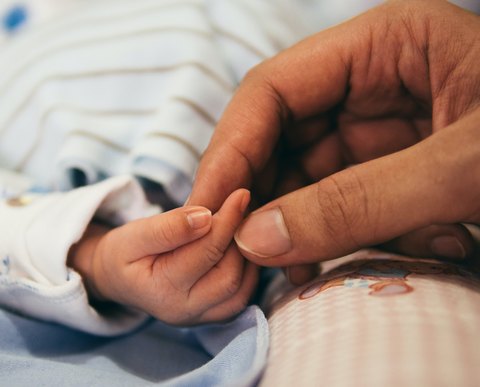
Među najjasnijim primjerima koji ukazuju na neizmjernu hrabrost romskih majki je kampanja pokrenuta u Češkoj protiv segregacije romske djece u školama.
«Samo želim da moja djeca idu u dobru školu. Ali kad ste Romkinja u Češkoj, to nije tako lako», rekla je Olga Polakova, socijalna pedagoginja iz Brna, u intervjuu za Al Jazeeru.
U glavnom izvješću medijska agencija opisala je inicijativu romskih majki koja ima za cilj pružiti bolje obrazovanje romskoj djeci, koja su toliko dugo bila izložena izdavanju iz «bijelih» škola i upućivana u razrede samo s romskom populacijom, s nižim obrazovnim standardima. Romske majke predložile su dodatnu kampanju za suzbijanje diskriminacije, maltretiranja i uznemiravanja koja se prakticiraju prema romskoj djeci u „mješovitim“ školama.
U međuvremenu, romske majke u Europi suočavaju se s brojnim užasnim iskustvima, čak i kada su u tako ranjivim situacijama poput porođaja.
U rodilištima u bugarskim bolnicama Romkinje su često odvojene od ostalih pacijentica. Bolničko osoblje navodilo je razne razloge za segregaciju Romkinja, opravdavajući to njihovim zdravstvenim problemima i sugerirajući da Romkinje same žele biti odvajane od ostalih pacijenata.
“Prije dvije godine, kad sam rodila svog najmlađeg sina, rekli su jednoj drugoj ženi:‘ Vi Romkinje imate mnogo poroda, ali još uvijek ne možete trpiti bol... Mladim ženama su govorili - vi ste djeca koja rađaju djecu. Šutite, ne vičite,” podijelila je u svom intervjuu Aishe, romska pacijentica u jednoj od bugarskoj bolnici.
U slovačkim bolnicama situacija nije ništa manje zabrinjavajuća. «Oni se prema nama, Romkinjama, ponašali gore nego prema psima», rekla je Monika Krcova, pacijentica u bolnici Kezmarok u Slovačkoj. Kasnije se pokazalo da su Romkinje "vezali i tukli, vikali na njih ili ih ignorirali kada im je bila potrebna medicinska pomoć, čak i tokom poroda". Drugi su pacijenti izjavili da bolničko osoblje vrijeđa Romkinje nazivajući ih prljavim i govoreći da imaju previše djece.
Što se tiče Monike Krcove, ona se više ne osjeća ugroženom u svojoj lokalnoj bolnici jer ne planira imati više djece. Ali, zabrinuta je zbog svoje kćeri Ivane, koja je rodila u istom rodilištu. Monika objašnjava da bi se u budućnosti njezina kći mogla susresti s istim problemima.
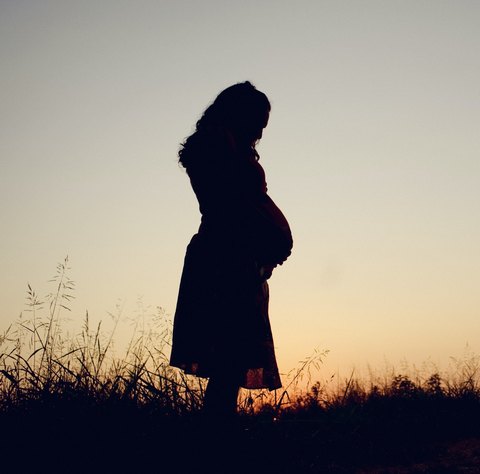
Borba romskih majki protiv beskrajnih oblika diskriminacije i nacionalne mržnje snažan je podsjetnik da za borbu protiv kršenja ljudskih prava se ne mora nužno biti moćan, već samo pretpostavlja da ljudi trebaju biti dovoljno hrabri da govore. Podržavajući informiranje javnosti o manjinskim pitanjima, romske majke iskreno se pridružuju onima koji se bore protiv nepravedne situacije u kojoj se od marginaliziranih zajednica očekuje da šute.
Ipak, za rezultate se vrijedi boriti, pogotovo ako je razlog obećanje boljeg svijeta u kojem će romska djeca imati jednake mogućnosti kao i sva ostala.
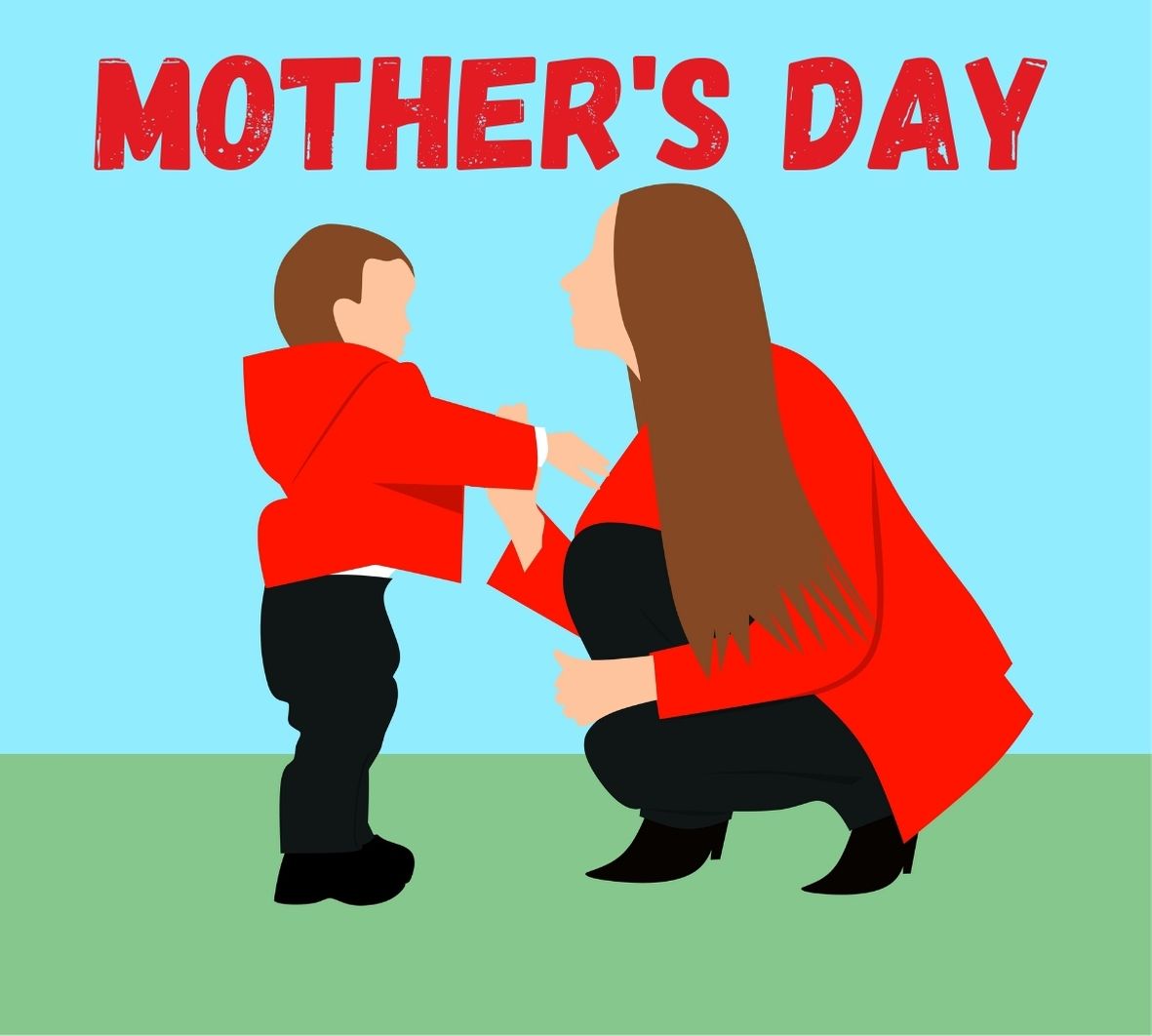
On the Day when we celebrate mothers and motherhood, we address brave Roma mothers with special reverence.
For many of us, feeling connected with Mother’s Day may be just as natural as succumbing to sentimentality, aroused from celebrating and honoring motherhood on this special holiday. Having got swallowed up whole by nostalgia for childhood, some might end up recalling million priceless things that mothers have been sharing with them so far. To begin with the fundamental ones, those – aside from love and immense support – encompass a simple opportunity to live and enjoy some amazing moments of life.
For some, this is also the reason why the observance of Mother’s Day as yet remains relevant; regardless of its highly commercialized load and countless artificial attributes attached.
Although ensuring a better future for a child remains the first priority for many parents, in case of Roma mothers, opportunities to provide children with the best they can, are very limited. Due to the restricted access to jobs and educational opportunities along with numerous discriminatory practices, Roma mothers often face the need to get involved in a struggle for the rights of their own and the rights of their children.
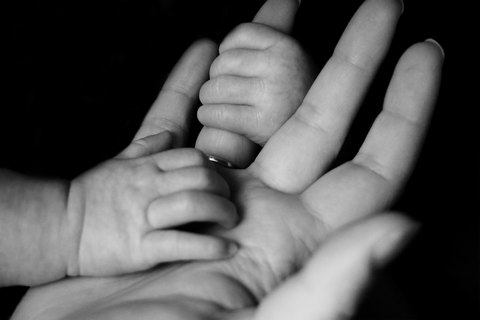
Amongst vivid examples pointing at the immense courage of Roma mothers is a campaign, launched in the Czech Republic against the segregation of Roma children at schools.
«I just want my children to go to a good school. But when you are a Roma woman in the Czech Republic, that’s not so easy», Olga Polakova, social pedagogue from Brno, said in an interview for Al Jazeera.
In the feature report, the media agency described Roma mothers’ initiative aiming at providing better education for Roma children, who have been long exposed to separation from «white» schools and admitted to Roma-only classes with lower academic standards. An additional campaign was suggested by Roma mothers to counter discrimination, bullying and harassment that have been practiced towards Roma children in mixed schools.
Meanwhile, Roma mothers in Europe have encountered numerous appalling incidents even when in such vulnerable conditions as giving birth.
At the maternity wards of the Bulgarian hospitals, Roma women have been often separated from other patients. Hospital staff members provided a variety of reasons to segregate Roma women, while justifying it with health concerns and suggesting that women of Roma origin prefer to be separated from other patients themselves.
“Two years ago, when I was giving birth to my youngest son, they told one woman, ‘you Roma have many births, but you cannot keep up with the pain… They tell the young ones – you are children, and give birth to children. Shut up, don’t shout,” Aishe, the Roma patient at one of the Bulgarian hospitals, shared in her interview.
At Slovakian hospitals, the situation has been no less alarming. «For Roma, they treat us worse than dogs», Monika Krcova, a patient at the Kezmarok hospital, said.
It was later found out that Roma women «were tied up and beaten, shouted at, or ignored when they needed medical attention, including during birth». Other patients claimed that the hospital staff members were insulting Roma women while calling them dirty and claiming that they have too many children.
As for Monika Krcova, she no longer feels jeopardized by her local hospital as she's not planning to have more children. But she's been concerned about her daughter Ivana, who gave birth in the same maternity ward. In the future, her daughter might encounter the same issues, Monika explains.
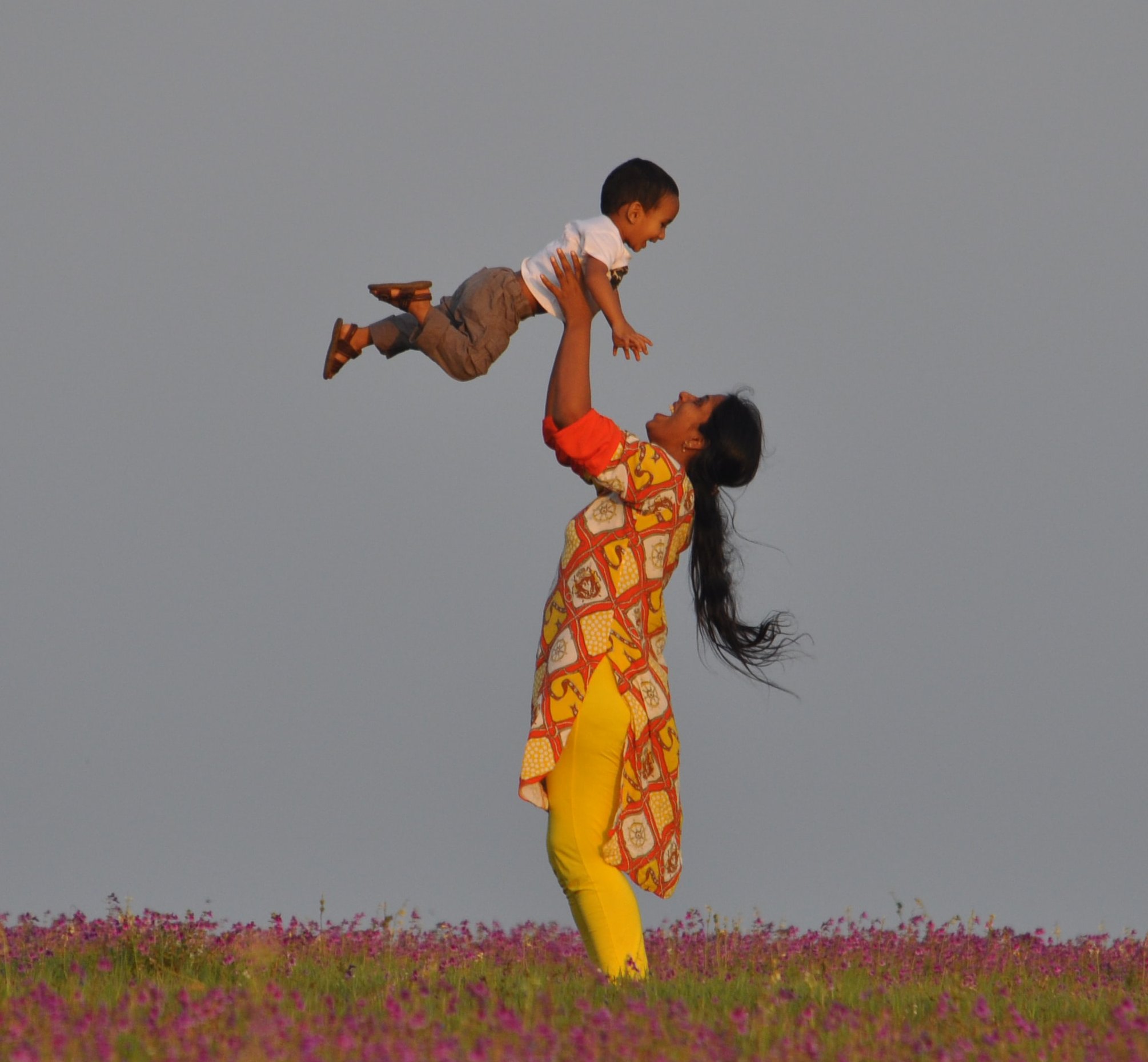
The fight of Roma mothers against multiple forms of discrimination and ethnic hatred is a powerful reminder that combatting the infringement of human rights does not necessarily require being mighty, it just assumes that one needs to be brave enough to start speaking up. By supporting public outreach on minority issues, Roma mothers openly join the rebel against the unjust equilibrium according to which marginalized communities are expected to keep silent.
But even so the ends are worth fighting for regardless; especially if the stake is a promise of a better world where Roma children will be provided with equal opportunities.